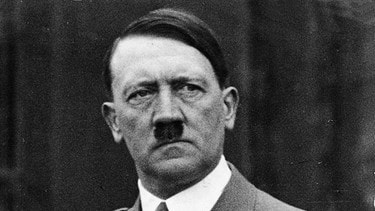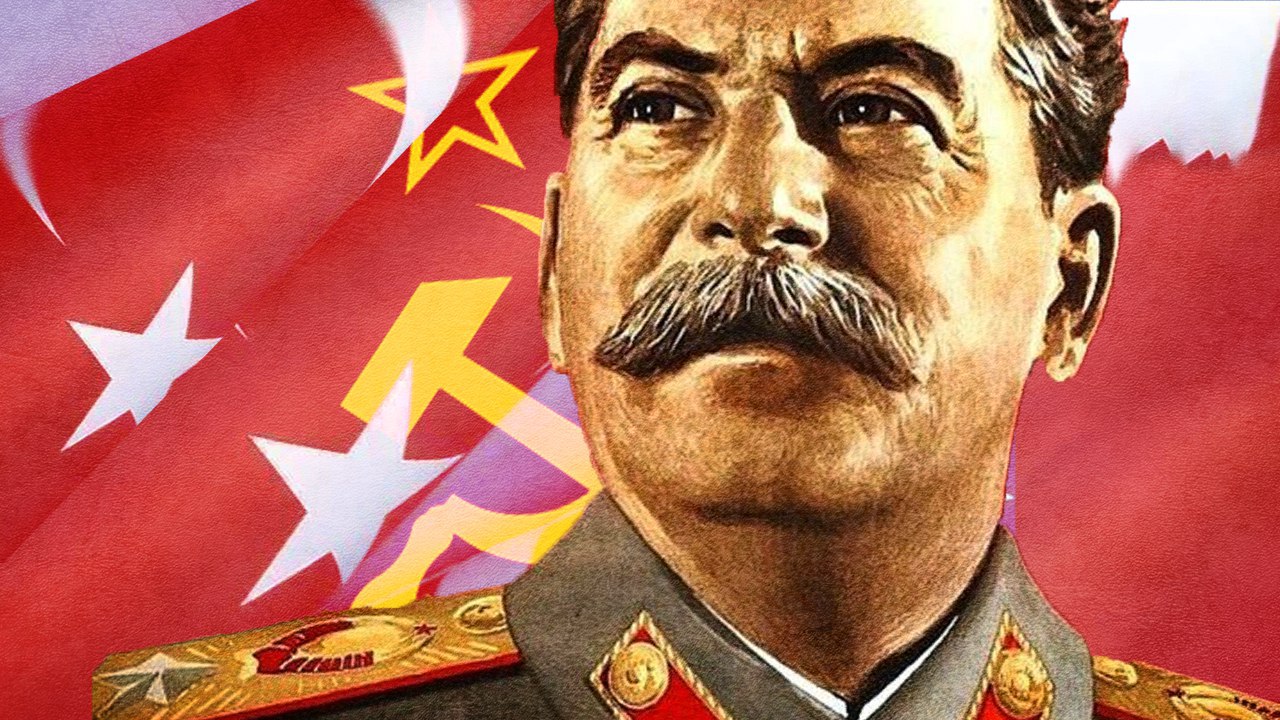Lesson 6 - Research and presentation assignment
In this lesson students are divided into groups to research and apply the schema introduced in previous lessons to the authoritarian states of Hitler's Germany and Stalin's Russia. Each group will make a 15 minute presentation which will be filmed and a written revision guide designed for the rest of the class. Each individual will also produce a self evaluation of their contribution to the presentation.
The assessment criteria.
Three aspects will be graded: 1) The presentation 2) The revision guide 3) The self evaluation.
In this lesson students are divided into groups to research and apply the schema introduced in previous lessons to the authoritarian states of Hitler's Germany and Stalin's Russia. Each group will make a 15 minute presentation which will be filmed and a written revision guide designed for the rest of the class. Each individual will also produce a self evaluation of their contribution to the presentation.
The assessment criteria.
Three aspects will be graded: 1) The presentation 2) The revision guide 3) The self evaluation.
There will be six presentations, three on Hitler and three on Stalin. For each of the authoritarian states there are three themes:
1. The rise to power - See the IB lesson on this.
1. The rise to power - See the IB lesson on this.
Structural Factors - refer to the context that makes the rise to power of an authoritarian state more likely. As usual with history, PESC (+war) is a good way to go about organising the structural factors. Human Agency - This second theme encourages us to consider the methods employed by the historical participants in order to establish an authoritarian regime. Coercion, persuasion and consent is a model that is again useful here. When an authoritarian regime comes to power through coercion, it means that force has been used against those who oppose regime change. Persuasive methods refer to efforts made to influence public opinion – both elite and popular - in favour of the authoritarian regime. Finally, regimes that reject liberal democracy can come to power and maintain that power on the basis of popular will or consent.
2. Consolidation and maintenance of power - See the IB lesson on this.
Coercion – Formal social control. There are two broad categories of formal social control: legal methods and coercive force. Legal methods refer to new laws, institutions (prerogative state) and people. New laws are passed, new institutions are created, and new people are empowered to help the authoritarian state to consolidate its power. Coercive force refers to the physical restrictions that are placed on real and potential opponents of the regime. Typically, this includes the actions of the secret police who watch over and punish those deemed a threat to the regime. Persuasion - Informal social control. Informal social control refers to state control over the media through censorship and propaganda whether this is designed to encourage evasion (distraction and political apathy) or mobilisation (enthusiastic support for the goals of the regime). The cult of the charismatic leader is also included here.
Coercion – Formal social control. There are two broad categories of formal social control: legal methods and coercive force. Legal methods refer to new laws, institutions (prerogative state) and people. New laws are passed, new institutions are created, and new people are empowered to help the authoritarian state to consolidate its power. Coercive force refers to the physical restrictions that are placed on real and potential opponents of the regime. Typically, this includes the actions of the secret police who watch over and punish those deemed a threat to the regime. Persuasion - Informal social control. Informal social control refers to state control over the media through censorship and propaganda whether this is designed to encourage evasion (distraction and political apathy) or mobilisation (enthusiastic support for the goals of the regime). The cult of the charismatic leader is also included here.
3. Aims and results of policies - See the IB lesson on this.
Consent - A citizen’s support for a regime (consent) can be both explicit and implicit. Explicit consent means that citizens actively support the regime through social and political participation. Implicit consent suggests a more passive role, in which citizens ‘put-up’ with the regime or lack the will to actively oppose the regime. Policies be broadly divided into economic, social, cultural and foreign policy.
Consent - A citizen’s support for a regime (consent) can be both explicit and implicit. Explicit consent means that citizens actively support the regime through social and political participation. Implicit consent suggests a more passive role, in which citizens ‘put-up’ with the regime or lack the will to actively oppose the regime. Policies be broadly divided into economic, social, cultural and foreign policy.
The presentation themes
|
Additional research
John D Clare On Hitler - www.johndclare.net/Weimar1.htm On Stalin - www.johndclare.net/Russ1.htm |
John Simkin On Hitler - spartacus-educational.com/GERnazigermany.htm On Stalin - spartacus-educational.com/Russia.htm |
Groups for August 2024
Rise |
Consolidation |
Rule |
|
Hitler |
Zaiden, Elyas, Ben and Julius |
Laura, Nicole, Alice and Cecile |
Kim, Margaux, Eric and Ines |
Stalin |
Louise, Anna and Clara |
Ben, Macsen and Andreas |
Alexander, Matvii, Pa trick and Alexandre |


